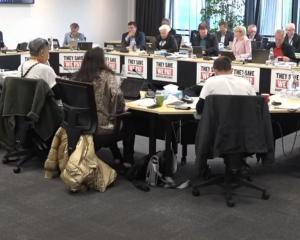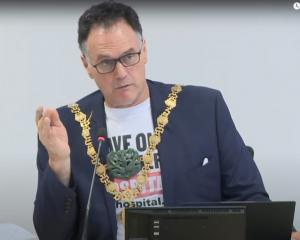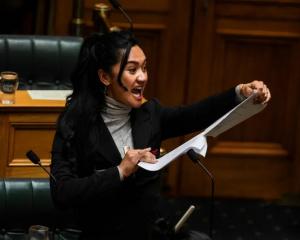

None of them are giving any good reasons for being chosen.
The Queenstown Lakes District Council and Dunedin City Council seem to be motivated by panic at the thought of losing their water business and looking for something to replace it.
The Otago Regional Council in response has the chief executive recently taking a personal interest in the buses running efficiently. While this is promising, what precisely it is promising is yet to be known. Hopefully, the plan involved will be better than the current somewhat defeatist response to the public about cancelled buses, namely that cancellations are due to sickness and unavoidable.
In 2018 only 3.4% of travel in Otago was by bus, while the money used to support this is more than one-third of the total ORC budget.
For a new approach, how about the public is presented with a business case from anyone wanting to run the buses explaining why we might choose them.
My business case would be something like this.
What we are trying to achieve:
Maximisation of bus use by having the bus service regular, reliable, clean, safe and affordable.
Treating drivers well and paying them properly.
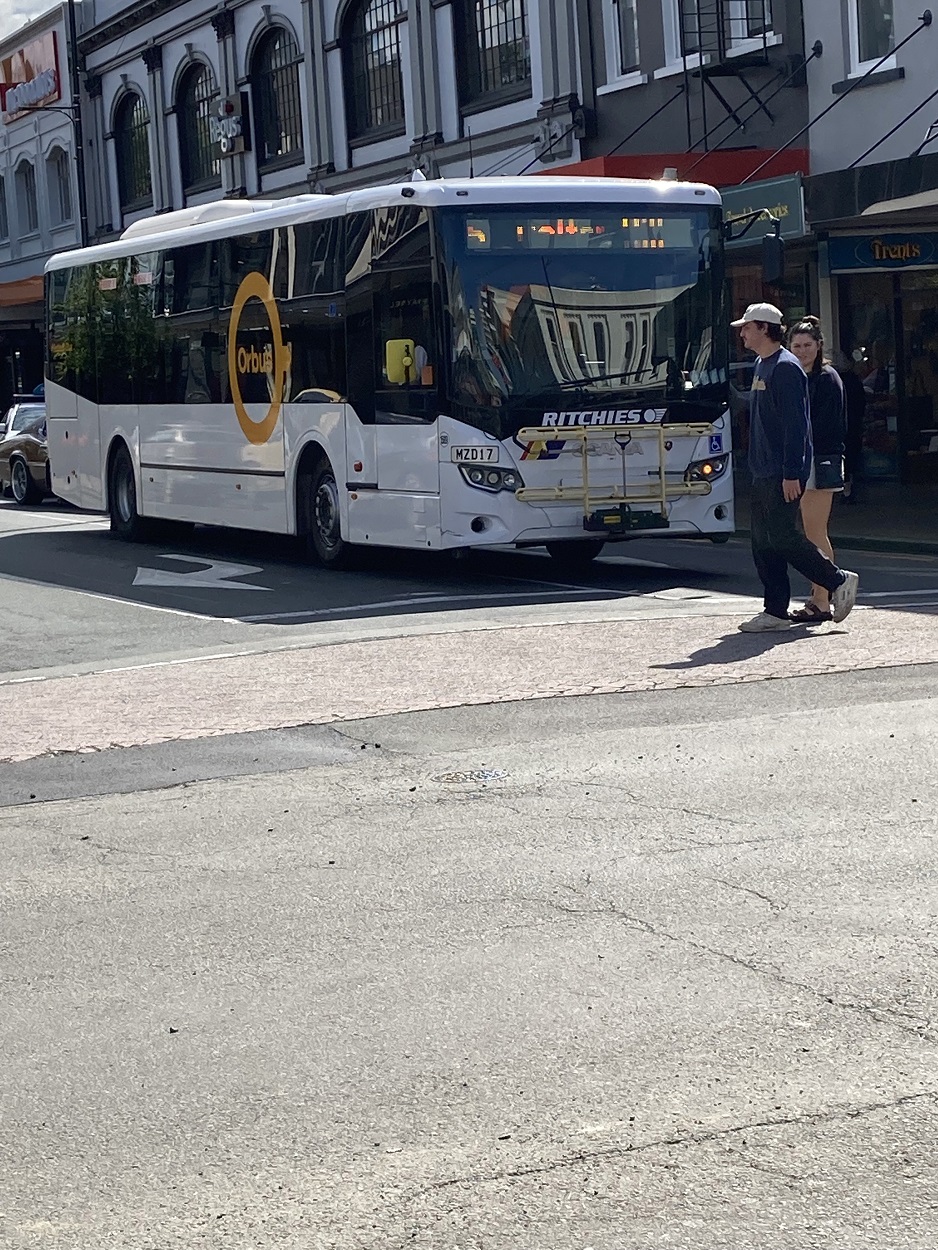
Providing services which encourage people to move to buses from cars, not from walking or cycling.
My 10-point plan is as follows:
- The timetables will return to pre-Covid. Bus hub information will be accurate.
- Any contracts with bus owners will be clear, fair, address the list above of reliable and clean etc, enforceable and enforced.
- Statistics will be kept and reported as to timeliness, complaints and use of buses, and this information will be made publicly available.
- A group will be formed involving staff of my organisation, a political representative, a driver and whoever has been lobbying recently from the community of bus users. This group will look at issues that have arisen, timetabling glitches such as cruise ships and commuting services and issues around bus stops and manoeuvrability.
- Relevant government departments will be approached to have them play their proper part in a great bus service. This will include the police, who should be keeping bus stops and particularly the bus hub safe. It will include the government providing a clear proportion of the cost of running the buses, say 50%, and for it to engage urgently and usefully in committing to paying its share of increased wages to drivers. It will include the Government paying for all bus journeys of Super Gold passengers during off-peak hours, rather than providing a set sum no matter how much we try to increase patronage. Expectations of the DCC and QLDC will include the provision of toilets at suitable places at the end of bus routes so that buses do not have to return to base out of service during breaks.
- These liaison processes will be transparent so that the community can understand where the impediments to achieving a better result lie.
- A formula will be developed for the community subsidisation of buses which takes account of how much each service is used and the cost of the service so that the community is subsidising buses that are actually wanted and in proportion to their cost.
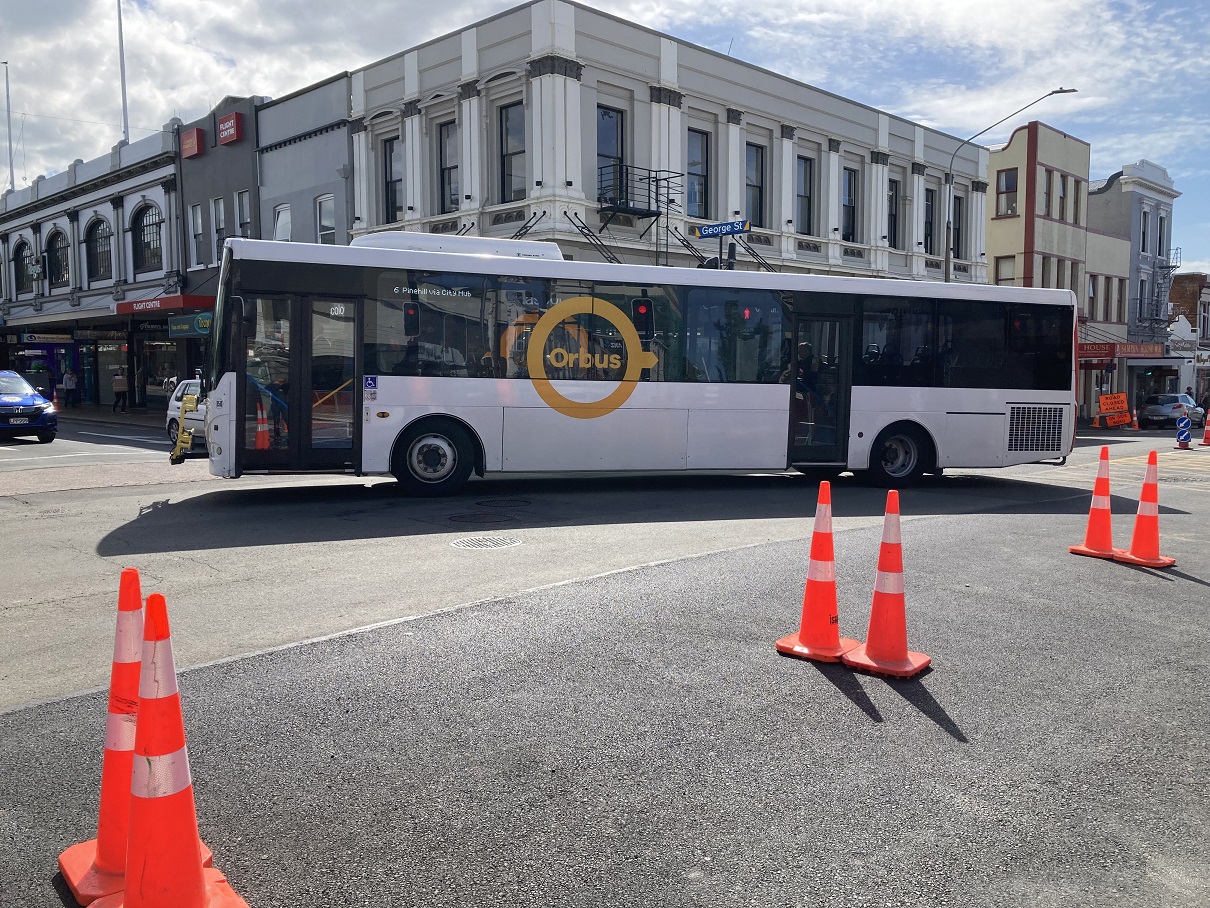
- Smaller buses will be used where feasible, particularly since the proposed new electric buses are the best part of a metre longer and we already have major issues getting around corners without endangering people or infrastructure. Since information will be available as to how many people use each part of each route it will be straightforward to understand how much use can be made of smaller buses.
- A trial of using vans and more bespoke on-demand type public transport will be carried out to establish whether this approach is feasible in some parts of the service.
I appreciate that this proposal will be a radical departure from the current arrangements.
Those who want to run the bus services should be able to provide a business case at least as good as this proposal.
How about each council which wants to run the buses writes a 1000-word proposal, to be printed in the ODT? The people can then vote by choosing which proposal is the best.
Councils talk about ambitious and bold plans to spend our money.
Here’s your chance.
- Hilary Calvert is a former Otago regional councillor, MP and DCC councillor.





